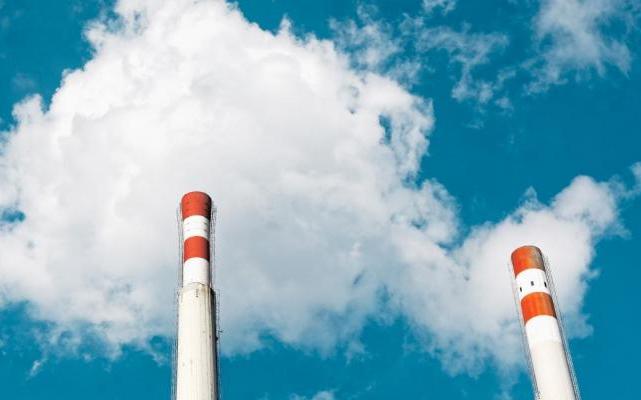UN Climate Change recently published an update to the synthesis of climate action plans as communicated in countries’ Nationally Determined Contributions (NDCs). The update of key findings of the NDC Synthesis Report confirms the trends identified by the full report, which was released on 17 September 2021.
The Synthesis Report was requested by Parties to the Paris Agreement to assist them in assessing the progress of climate action ahead of the UN Climate Change Conference (COP26) in November in Glasgow, Scotland. This update of the Synthesis Report is being provided to ensure that Parties have the latest information to consider at COP26.
COP26 will open in Glasgow, Scotland on 31 October 2021 and run for two weeks up to 12 November 2021.
Read the update of the key findings of the full NDC synthesis report here.
Read the full NDC synthesis report here.
The update of the report synthesizes information from the 165 latest available NDCs, representing all 192 Parties to the Paris Agreement, including the 116 new or updated NDCs communicated by 143 Parties as on 12 October 2021, compared to 86 new or updated NDCs covered by the September report.
The information received confirms that the updated or new climate action plans can be effective in reducing greenhouse gas (GHG) emissions over time. For the group of 143 Parties that submitted new or updated NDCs, total GHG emissions are estimated to be about 9 percent below the 2010 level by 2030. Further, within that group, some 71 Parties communicated a carbon neutrality goal around mid-century. The report finds that these Parties’ total GHG emission level could be 83–88 percent lower in 2050 than in 2019.
However, the updated report also confirms that for all available NDCs of all 192 Parties taken together, a sizable increase, of about 16 percent, in global GHG emissions in 2030 compared to 2010 is anticipated. Comparison to the latest findings by the Intergovernmental Panel on Climate Change (IPCC) shows that such an increase, unless changed quickly, may lead to a temperature rise of about 2.7°C by the end of the century.
“Parties must urgently redouble their climate efforts if they are to prevent global temperature increases beyond the Paris Agreement’s goal of well below 2C – ideally 1.5C – by the end of the century,” Patricia Espinosa, Executive Secretary of UN Climate Change, said.
The IPCC has estimated that limiting global average temperature increases to 1.5C requires a reduction of CO2 emissions of 45 percent in 2030 or a 25 percent reduction by 2030 to limit warming to 2C. If emissions are not reduced by 2030, they will need to be substantially reduced thereafter to compensate for the slow start on the path to net zero emissions, but likely at a higher cost.
Alok Sharma, incoming COP26 President, said the report underlined why countries need to show ambitious climate action at COP26.
Many NDCs from developing countries contain more ambitious conditional commitments to reduce emissions, which can only be implemented with access to enhanced financial resources and other support. The report suggests that the full implementation of these components could allow for global emissions to peak before 2030.

